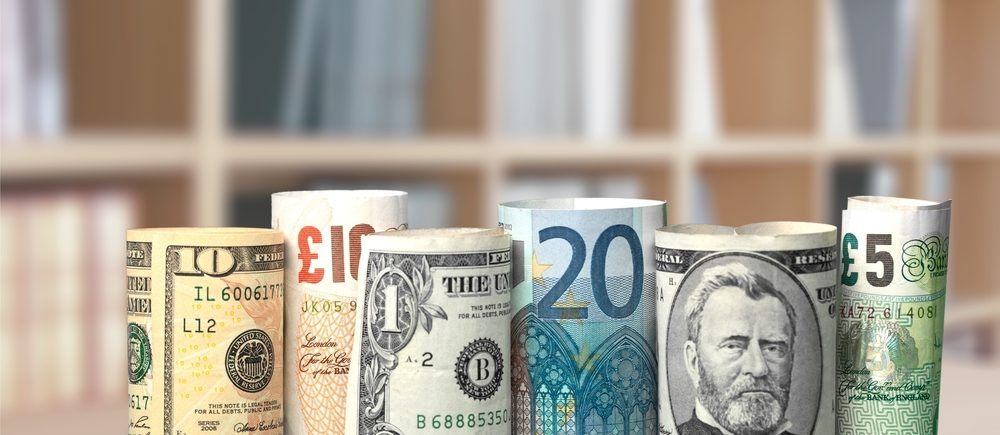The Japanese yen fell 1.9% on Friday after the Bank of Japan bucked a wave of monetary tightening and stuck to an ultra-low interest rate, while currency markets looked poised for another choppy session after a series of rate hikes this week.
The surprise decision of the Swiss National Bank (the central bank) to raise interest rates by 0.5% continued to affect the markets, as the euro lost 0.5% and the franc returned to its highest level in two months immediately after Thursday’s announcement.
Currency markets, facing the biggest wave of monetary policy tightening in decades, also have to deal with a massive drop in risk appetite, causing stock markets to slump.
The Australian dollar, which is heavily influenced by the global investment mood, fell 0.9 percent to 0.6981 per dollar as stock markets in Asia fell after big falls on Wall Street Thursday night.
The US dollar made its way back from a one-week low against the major currencies, after a two-day decline after the Federal Reserve raised interest rates in the middle of the week, which did not exceed market expectations despite being the largest since 1995.
Against the yen, the dollar rose 1.6 percent to 134.14 yen after a lot of volatility in the immediate aftermath of the Bank of Japan’s decision. Initially, it extended gains as much as 1.89 percent to 134.64 yen.
On Wednesday, the yen reached a 24-year low of 135.6 against the dollar.
The euro lost 0.5 percent to $1.0499, although that was higher than levels reached on Thursday.
The euro fell 0.3 percent against the Swiss franc to 1.0165 francs. The franc rose to a two-month high on Thursday after interest rates were raised and investors felt that the Swiss National Bank would not try to stem the currency’s rally as it had in the past.
The dollar fell 0.2 percent to 0.9684 francs, after the biggest drop in more than seven years overnight.
The dollar index, which measures the performance of the US currency against a basket of six competing currencies, rose 0.6 percent to 104.48.
Sterling fell 0.7 percent to $1.2267, paring a 1.43 percent jump overnight when the Bank of England decided to raise interest rates again – albeit less than many in the market had expected – as well as a sign of monetary policy tightening ahead.
 Noor Trends News, Technical Analysis, Educational Tools and Recommendations
Noor Trends News, Technical Analysis, Educational Tools and Recommendations





